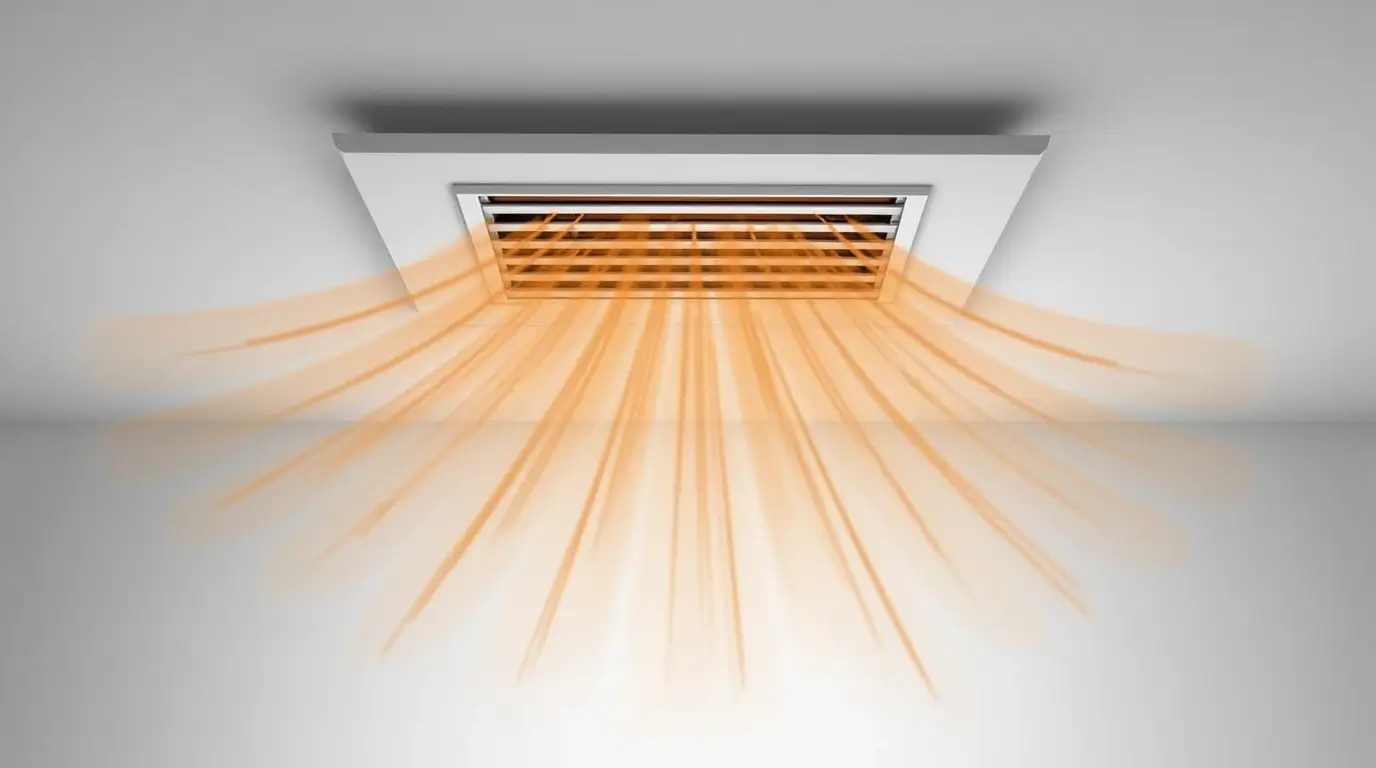On a scorching summer day, there’s nothing more frustrating than an air conditioning unit that fails to deliver the cooling comfort you need. When your AC system isn’t performing as expected, you might be tempted to let it run, hoping it will eventually catch up. However, this approach could lead to more serious problems and costly ac repairs down the line. Let’s explore why you should turn off your AC when it’s not cooling and what steps you can take to resolve the issue.
The Immediate Response: Powering Down Your System
When you notice your ac broken or not cooling properly, your first instinct might be to adjust the thermostat or wait it out. However, the smartest immediate action is to turn off your ac completely. This quick response can prevent potential damage to crucial components of your hvac system, particularly if the issue stems from something serious like failing evaporator coils or a malfunctioning compressor.
Understanding Your Cooling System Options
Today’s market offers various cooling air solutions, from traditional air conditioner setups to more modern alternatives. While traditional air conditioner systems have served homes well for decades, many homeowners are now considering a mini split system or ductless air conditioner for their cooling and heating needs. These systems offer superior energy efficiency and can significantly reduce your energy bills through more precise temperature control and eliminated duct losses.
DIY Troubleshooting: Where to Start
Before calling for professional help, there are several diy ac repair steps you can safely attempt:
- Check Your Air Filters: A clogged air filter is one of the most common culprits behind poor cooling performance. When filters become blocked with dust and debris, they restrict airflow, forcing your ac system to work harder while delivering less cold air. Regular filter replacement is a simple way of reducing the amount of energy your system uses.
- Inspect Air Return Grilles: Ensure all air return grilles and vents are unobstructed. Blocked returns can severely impact your system’s ability to circulate air effectively, leading to reduced energy efficiency and poor indoor air quality.
- Examine the Circuit Breaker: Sometimes, what appears to be an ac broken situation might simply be a tripped circuit breaker. Check your electrical panel and reset the breaker if necessary.
Professional Assessment and Long-Term Solutions
When basic troubleshooting doesn’t resolve the issue, it’s time to consult professionals who can properly diagnose and repair your ac unit. They will:
- Inspect evaporator coils for dirt buildup or damage
- Check refrigerant levels and search for potential leaks
- Evaluate the overall condition of your air conditioning systems
- Assess whether a mini split ac might be a more efficient solution for your home
The Value of Preventative Maintenance
Regular maintenance is crucial for avoiding unexpected breakdowns and ensuring long term reliability of your cooling system. A well-maintained AC offers numerous benefits:
- Cost Savings: Preventative maintenance helps avoid expensive emergency repairs and reduces utility bills through optimal performance.
- Enhanced Efficiency: Clean components and proper calibration ensure your system maintains high energy saving performance.
- Improved Air Quality: Regular cleaning and filter changes help maintain superior indoor air quality.
- Extended Lifespan: Consistent care can significantly extend your system’s operational life.
Modern Solutions for Better Efficiency
If you’re facing recurring issues with your current setup, it might be time to consider upgrading to a more efficient solution. A mini split system or ductless air conditioner can offer several advantages:
- Targeted cooling and heating for individual rooms
- Elimination of duct-related energy losses
- Enhanced temperature control
- Reduced monthly energy bills
- Improved indoor air comfort
Smart Operation Practices
Even with a perfectly functioning system, how you operate your AC impacts its performance and longevity. Consider these tips:
- Temperature Management: Set reasonable temperature goals. Every degree closer to the outdoor temperature results in energy saving benefits.
- Timing Considerations: Use programmable thermostats to reduce operation when spaces are unoccupied.
- Zoning Strategies: Focus cooling where it’s needed most, especially if you have a mini split ac system with multiple indoor units.
When to Replace Instead of Repair
Sometimes, continuing to repair an aging system isn’t the most cost-effective approach. Consider replacement if:
- Your ac unit is more than 10-15 years old
- Repairs are becoming increasingly frequent
- Your energy bills are steadily rising despite regular maintenance
- The system struggles to maintain consistent temperatures
The Bottom Line
When your AC isn’t cooling, turning it off immediately is the safest course of action. This simple step can prevent more serious damage and potentially save you from costly repairs. Whether you have a traditional air conditioner or a modern mini split system, proper care and maintenance are essential for optimal performance and longevity.
Remember that while some basic troubleshooting and maintenance can be handled as diy ac repair projects, professional service is crucial for more complex issues. Regular professional maintenance, combined with vigilant homeowner care, creates the best formula for reliable cooling, reduced energy bills, and optimal indoor comfort throughout the cooling season.
By staying attentive to your system’s performance and addressing issues promptly, you can maintain efficient operation, ensure consistent comfort, and avoid unnecessary strain on both your AC and your wallet. Whether you’re maintaining an existing system or considering an upgrade to a more efficient solution, prioritizing proper care and timely repairs will always be your best strategy for long-term satisfaction and cost savings.

